Enhance Your Health Benefits with Hospital Indemnity Insurance
A smart solution for today's high-deductible health plans.
Healthcare costs are on the rise, and your employees, like you, are seeking solutions. In a competitive job market, a strong benefits package is essential to attracting and retaining the best talent.
Easing the Financial Burden of Unexpected Hospital Stays
Accident insurance empowers employees to manage unexpected medical expenses related to accidents. When an employee experiences a covered accidental injury, this insurance can help offset costs not covered by their primary medical insurance, like co-pays and deductibles. This makes it a valuable complement to high-deductible health plans. Offering employee-funded coverage expands benefits for your workforce without impacting your budget. Everyone benefits:
Offering hospital indemnity insurance provides a valuable solution to help employees manage expenses often missed by major medical plans, including:
Outpatient surgery.
Inpatient services.
Diagnostic tests.
Doctor appointments.
Emergency room visits.
This type of coverage not only eases financial pressure for employees but also helps employers manage the changing landscape of employee health benefits.
Our hospital indemnity insurance is thoughtfully designed to meet the needs of both employers and employees, offering a mutually beneficial solution.
For Employers and HR Professionals:
Craft an attractive benefits package that attracts and retains top performers without adding unnecessary costs to your budget.
Manage rising insurance costs through voluntary benefits and explore opportunities for cost savings.
Streamline your enrollment processes with the help of our nationwide network of licensed benefits counselors.
Reduce administrative burdens with our efficient enrollment solutions and 24/7 support.
For Your Employees and Their Families:
Gain peace of mind knowing they can focus on recovery without financial worries.
Receive direct benefit payments (unless they specify otherwise) that they can use as they see fit, regardless of other existing insurance.
Choose coverage options tailored to their individual needs or to include eligible dependents.
Benefit from the flexibility of portable policies, enabling them to keep their coverage even when they switch jobs.
FAQS
What is the difference between term life insurance and whole life insurance?
Term life insurance provides coverage for a specified term, typically 10, 20, or 30 years. It offers a death benefit to your beneficiaries if you pass away during the term, but it doesn't accumulate cash value. Whole life insurance, on the other hand, provides lifelong coverage and includes a savings component that builds cash value over time. While term insurance is usually more affordable, whole life insurance can serve as both protection and a long-term investment.
How does cancer insurance differ from my existing health insurance?
Cancer insurance is designed to provide additional financial support specifically for cancer-related expenses that may not be fully covered by your health insurance. It can help with costs like treatment, medication, travel, and even lost wages due to illness. While health insurance covers a wide range of medical expenses, cancer insurance focuses on providing targeted financial assistance for the unique challenges posed by a cancer diagnosis.
How does health insurance work in a group plan?
Group health insurance is typically provided by employers to their employees. In a group plan, the employer negotiates with an insurance provider to offer coverage to all eligible employees. Employees usually share the cost of premiums with their employer. Group health plans often provide comprehensive coverage and lower premiums than individual plans. When you need medical care, you'll typically pay a portion of the costs (such as copayments or deductibles), and the insurance plan covers the rest. Group health insurance is a valuable employee benefit and helps individuals access essential healthcare services at a reduced cost.

